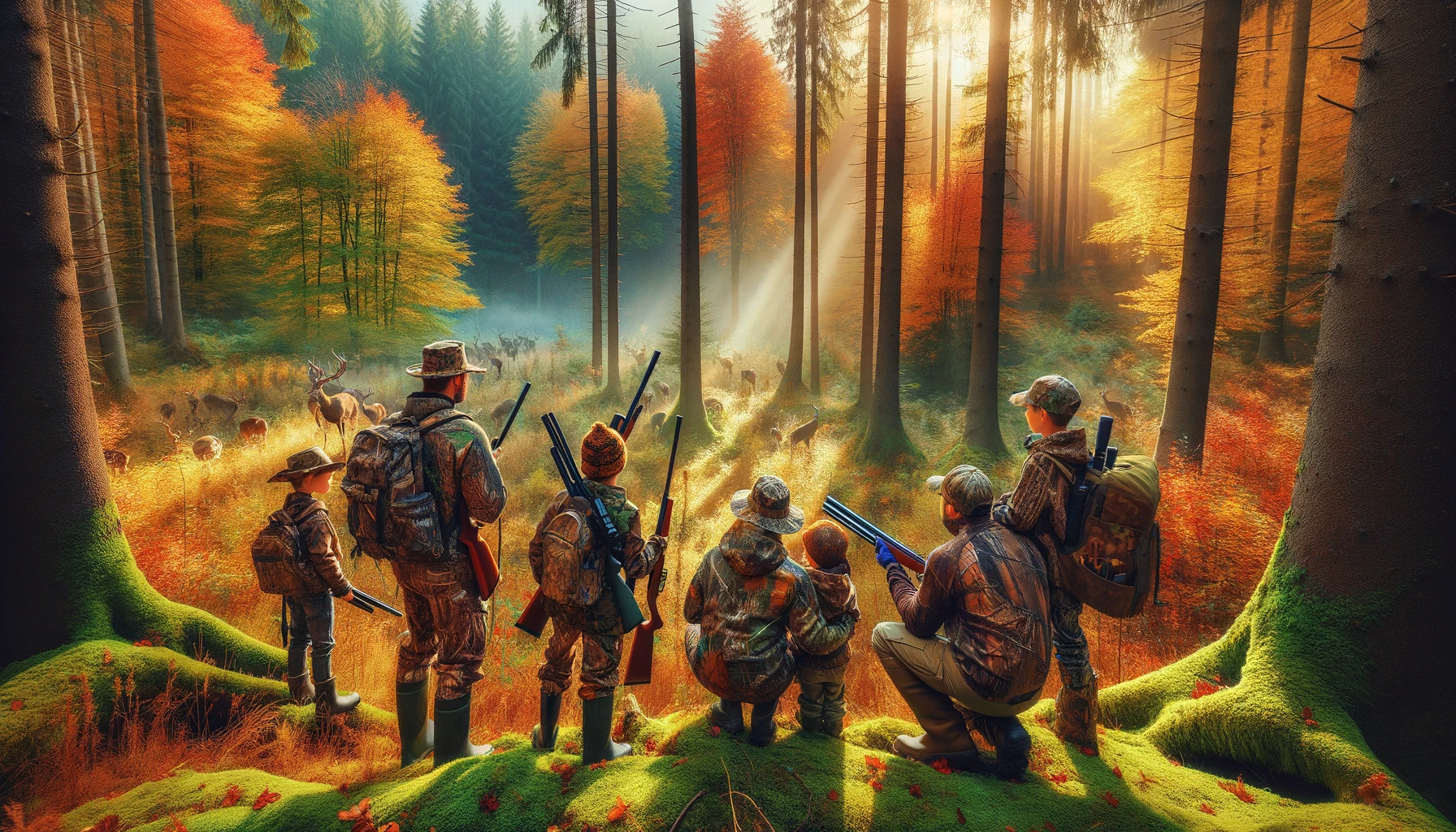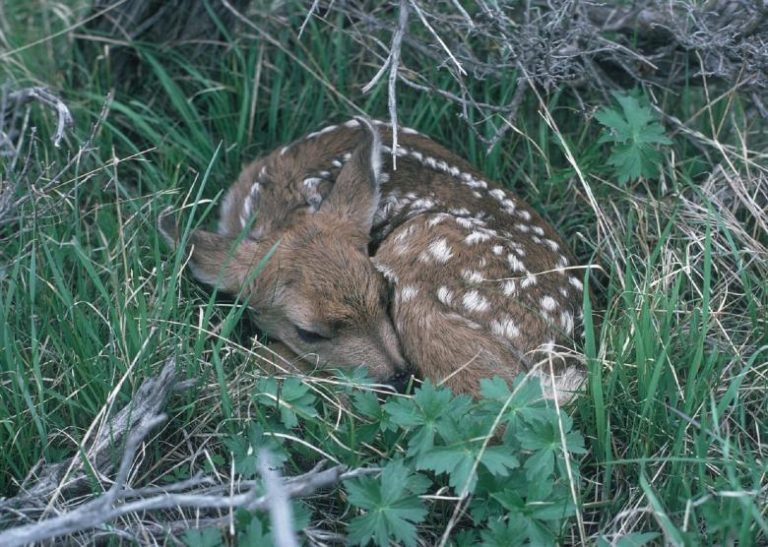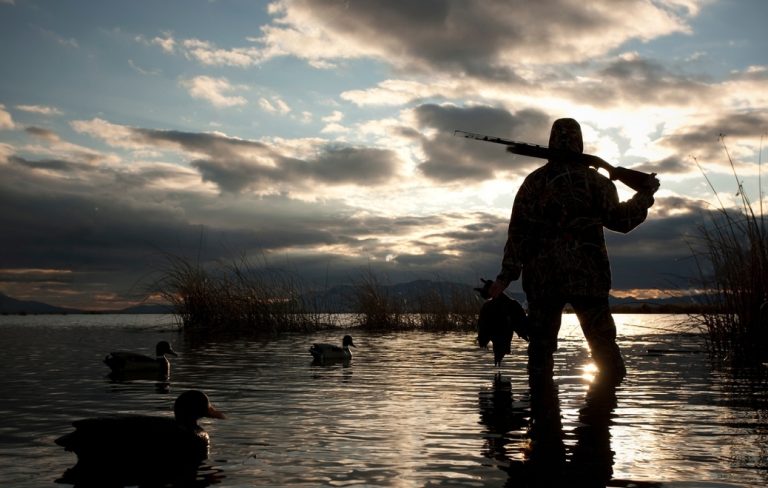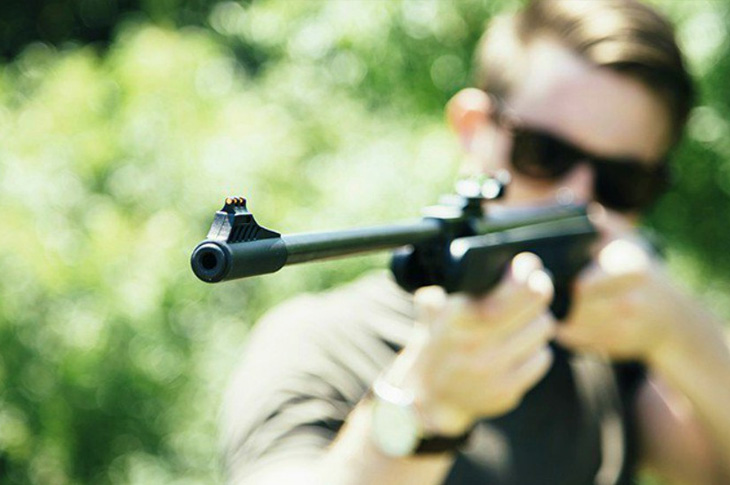As an avid hunter and outdoorsman, few things bring me more joy than spotting a future hunter gain confidence and ability in the field. When that new hunter is your very own child, a whole world of meaning and pride opens up.
Introducing your kids to hunting is a milestone worth savouring. The fresh perspective, endless wonder, and excitement children bring outdoors remind even seasoned adults why we fell in love with hunting in the first place. Of course, making a child’s inaugural hunt safe, engaging, and frankly fun requires forethought and effort.
As a Dad who has mentored four kids through their first trips afield, I’ve gleaned a good many lessons on how to make the introductory experience positive all around. Here is my best advice on getting youngsters hooked on hunting the responsible way:
Know When They’re Ready
Foremost, don’t push kids into hunting before they exhibit signs of readiness. Instead, gauge their interest level, ability to focus, and physical stamina season-over-season to determine the optimum time for their first real-world hunt. You must also have the Hunting Essentials.
In our state, hunters must pass a certified Hunter’s Safety Course before age 12. This is a perfect gauge of mental preparedness. If your child seems engaged and able to follow safety rules during this class, their attitude likely reflects a good level of focus for the field too.
Around ages 8 to 12 is when most kids have built the maturity and physical ability to truly begin accompanying adults, at least for small game hunts. START SMALL is the key credo here. Squirrels and rabbits make for great starter targets without excessive recoil or weighty gear. Prep children further during this period by involving them in scouting trips, setting up blinds, checking trail cameras, and practicing frequently at target ranges together.
Stress Safety Over Bags
The top priority for a kid’s first real hunt must always be upholding safety. Reiterate basic rules like weapon muzzle control and wearing blaze orange vests religiously. Select a beginner-appropriate firearm with minimum weight and recoil to allow easy handling. Consider single-shot bolt action .22LR rifles or 20-gauge youth model shotguns — superior choices to higher-powered alternatives.
During the hunt itself, choose calm, patient language even when coaching proper form or positioning—no yelling at a child to remain still! Make proper ear and eye protection non-negotiable. Take frequent breaks for snacks and hot cocoa beside a crackling fire, which helps tiny hunters recharge.
Only pursue sustainable limits and never place pressure on young ones to “bag something.” Instead, emphasise the bonding experience and joy of nature immersion. Enjoying the sights and sounds of the field makes for a great hunt, even if game proves elusive in the end. Completing Hunter Safety Education certification lays vital foundations to build safety-first habits that will last hunters’ lifetimes.
Find The Right Mentors
Recruiting an experienced hunting mentor to accompany first-timers afield works wonders too. Grandparents, uncles, trusted family friends, and seasoned guides make ideal shepherds. Check local conservation clubs, sportsman’s alliances, and youth hunting programmes to find registered adult mentors who can take newcomers under their wings.
Screen mentors thoroughly however, examining policies and licenses. Ask for references and proof of completed background checks. While most sportsmen have good intentions, terrible exceptions exist making vigilance crucial. Once references check out, a dedicated mentor adds another indispensable layer of hands-on guidance.
Prioritize Engagement
Kids have limited reserves of patience, yet staying engaged is vital for their security and your success introducing hunting long-term. Keep things lively by letting children choose preferred species to pursue or naming blinds together. Mix in games identifying animal tracks, scat or mimicry calling. Shoot friendly competitions at ranges ahead of season to hone skills.
During the actual hunt, utilize adjustable shooting sticks and padded seats to reduce fatigue. Consider lay-out blinds allowing kids to fully recline and less likely to fidget. Help range targets with binoculars and spotting scopes. Take snack breaks but avoid overly rustling candy wrappers! When attention wavers, have a joke ready or re-stalk to new spots. The more enjoyment achieved in early experiences, the fonder the memories instilled and desire to continue traditions as adult hunters one day.
Hunting with the Family
Hunting is more than shooting or sitting in a tree stand. The preparation-to-mealtime procedure is arduous yet enjoyable. The Walls recommend including kids early in the process. Bring them along to check trail cameras, create food patches, and scout for signs. Don’t hide how you prepare a harvested animal for dinner. Consider their age when helping you. You can give kids more hunting preparation responsibilities as they get older.
When you retrieve wild animals from the freezer or cook fresh game, talk to them about it. This matters! Recall the time you all hunted and caught a deer, turkey, or whatever you’re eating. Help them understand that the the the meal is the harvested animal. They learn to appreciate the game you want them to hunt.
Making Lifelong Memories
As any parent knows, children grow up faster than imaginable. Seizing opportunities to bond during formative years cultivates relationships with lasting dividends. The field presents the perfect setting to reinforce family ties, mentorship, ethics, and ignite new passions.
While every hunt may not culminate with a trophy mount, introduce children to hunting “the right way” and near-certainly a proud hunter-in-the-making emerges. Constructive early experiences focused on safety, sustainability, and relishing nature’s gifts. It all fosters a pastime they can cherish for life alongside you.















